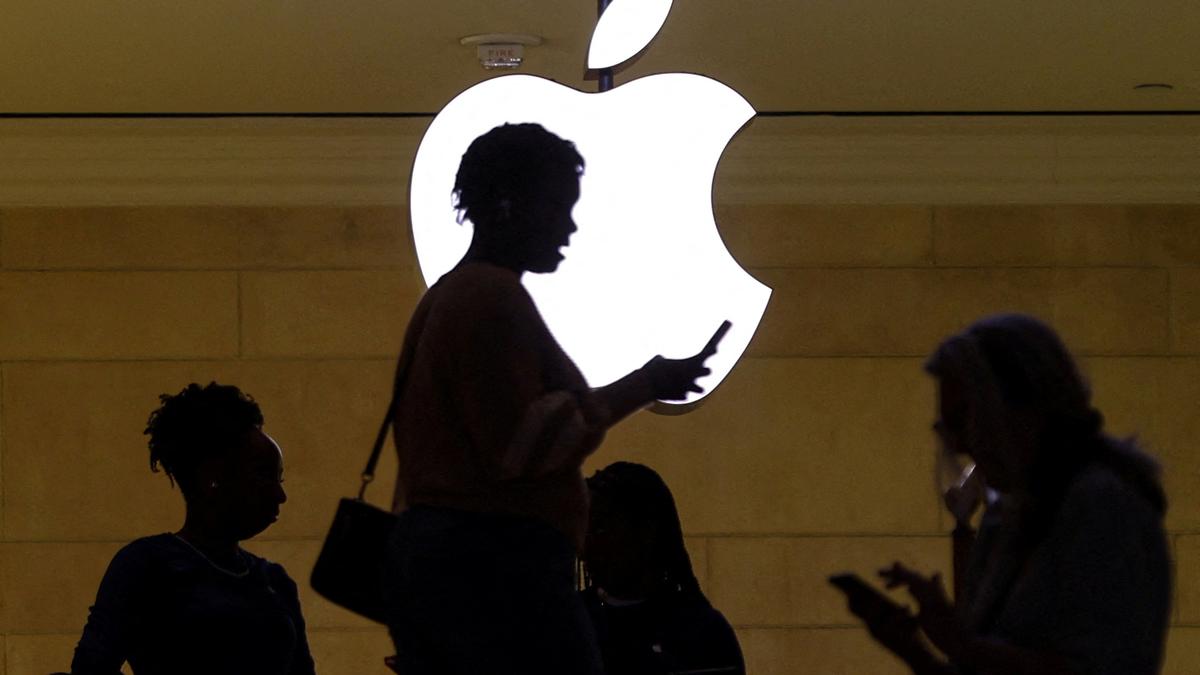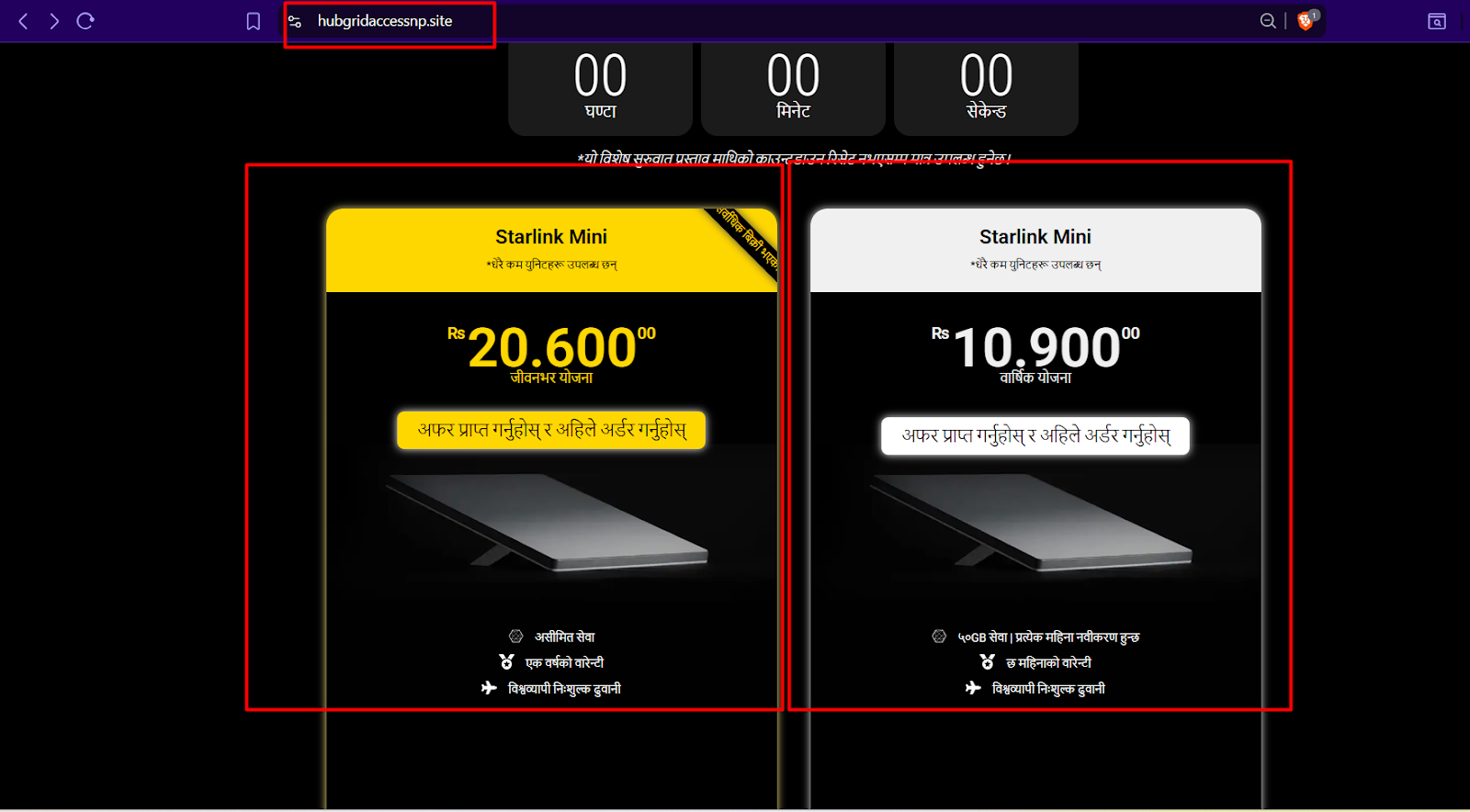Fintiv, a Texas fintech company, has filed a lawsuit against Apple in Atlanta, alleging the company appropriated its mobile wallet technology and used it in Apple Pay. The lawsuit claims Apple negotiated with CorFire during 2011 and 2012 under strict confidentiality agreements that were meant to set up a licensing arrangement for CorFire's proprietary technology.
Fintiv claims Apple used these confidential meetings to take advantage of the relationship. The lawsuit alleges Apple secretly hired CorFire employees and used trade secrets gleaned in the meetings to create Apple Pay, which was released in 2014. The lawsuit alleges Apple had a racketeering scheme involving the largest banks and credit card networks to create a situation that allowed it to reap profits worth billions of dollars without compensating Fintivi.
Fintiv's suit relies on the alleged misappropriation of trade secrets, as well as alleged violations of Racketeer Influenced and Corrupt Organizations (RICO), and seeks both compensatory and punitive damages. The suit follows the dismissal of a Texas patent infringement suit, which Fintiv intends to appeal, and the is still a dispute regarding intellectual property and mobile payment technology at issue.
The lawsuit increases the stakes and adds complexity to the wildly competitive fintech space, where ownership of advanced payment systems translates into market power and revenues. Notably, it invokes considerations of corporate responsibilities, safeguarding intellectual property in industries with unparalleled speeds of technology innovation. Given the popularity of Apple Pay, it is probably a case that will spark enough intrigue for industry analysts and the press.






.jpg)

